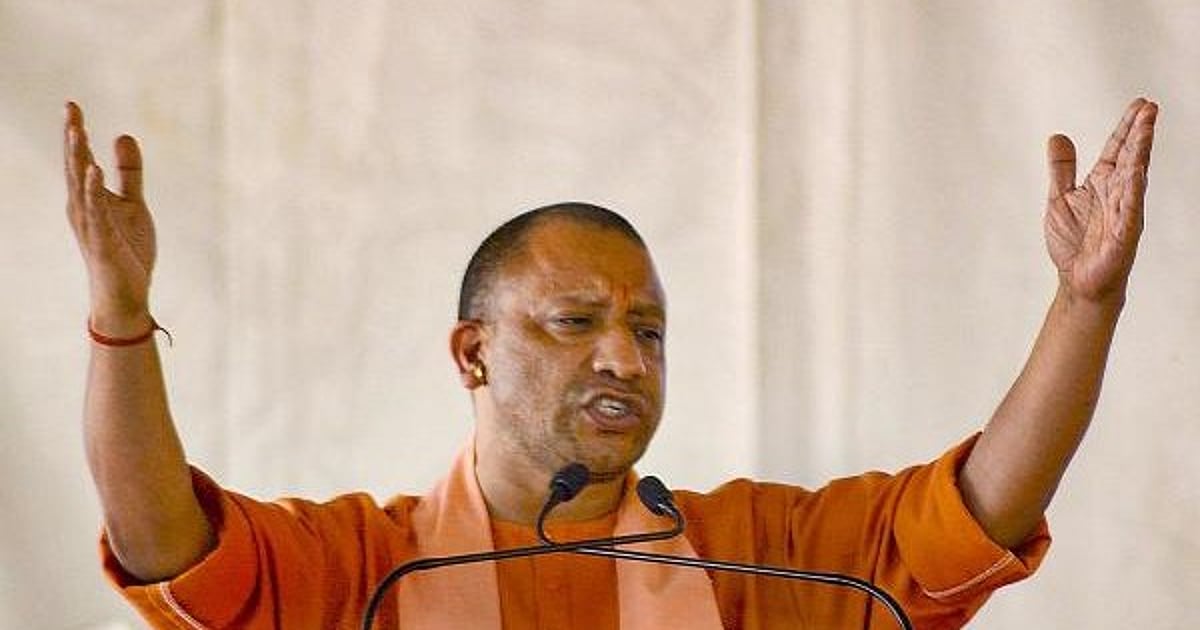 |
|
The statement made by Uttar Pradesh Chief Minister Yogi Adityanath, alleging a massacre of Hindus in Sambhal and characterizing the conflict as a clash between 'desi' (native) and 'videshi' (foreign) Muslims, has ignited a firestorm of controversy. His remarks, delivered without providing concrete evidence, have raised serious questions about inflammatory rhetoric and its potential consequences in an already tense socio-political climate. The use of such divisive language, particularly by a figure of his stature, risks further escalating tensions and undermining the fragile peace in the region. The lack of verifiable evidence supporting his claim necessitates a thorough investigation to ascertain the facts and prevent the spread of misinformation. Failure to do so could have severe repercussions, potentially inciting violence and exacerbating existing communal divisions. The statement itself is a stark example of the dangers of politicizing sensitive issues, using them to garner support or to deflect from other critical matters. The impact of such rhetoric on interfaith relations in India is undoubtedly significant, potentially leading to a further erosion of trust and understanding between different religious communities.
Beyond the immediate controversy surrounding his Sambhal statement, Adityanath's remarks also highlight a broader trend of escalating political polarization in India. The seemingly intentional use of the terms 'desi' and 'videshi' to differentiate between Muslim communities is a classic tactic of employing divisive language to create an 'us versus them' mentality. This type of rhetoric fuels suspicion and hostility, often contributing to the normalization of violence and discrimination against specific groups. This is particularly concerning in a country as diverse as India, where maintaining social harmony and peaceful coexistence between different religious and ethnic communities is paramount. The lack of a robust mechanism to hold political leaders accountable for inflammatory statements further compounds the problem, leaving vulnerable communities at risk of being targeted based on prejudice and misinformation.
Furthermore, Adityanath's vocal support for Allahabad High Court Judge Shekhar Yadav, who openly advocated for a uniform civil code, adds another layer of complexity to the situation. While the debate surrounding a uniform civil code is a legitimate one, the timing and context of Adityanath's endorsement raise questions about its intention. His endorsement, coming in the wake of his controversial Sambhal remarks, seems strategically calculated to solidify his image as a staunch defender of Hindu interests. This calculated strategy can be seen as an attempt to garner support from a specific segment of the population while alienating and potentially endangering others. It's crucial to recognize that supporting a uniform civil code doesn't necessarily require promoting divisive rhetoric or making unsubstantiated claims about violence against a specific religious community. The two issues are distinct and shouldn't be conflated for political gain. A responsible approach would involve a careful consideration of the legal and social implications of a uniform civil code, engaging in constructive dialogue with all stakeholders, and ensuring that any policy changes promote inclusivity and justice for all citizens.
The incident underscores the urgent need for responsible leadership in India and the imperative for effective mechanisms to counter hate speech and prevent the incitement of violence. A critical examination of the role of media in amplifying such statements is also necessary. The media's responsibility is to report facts accurately and to avoid sensationalizing or exaggerating claims that could lead to increased tensions. Promoting a culture of critical thinking and encouraging responsible consumption of information are crucial steps in mitigating the negative consequences of inflammatory political discourse. Ultimately, addressing the underlying causes of communal tension, promoting interfaith dialogue and education, and holding those responsible for spreading hate speech accountable are essential for fostering a more just and peaceful society in India.
